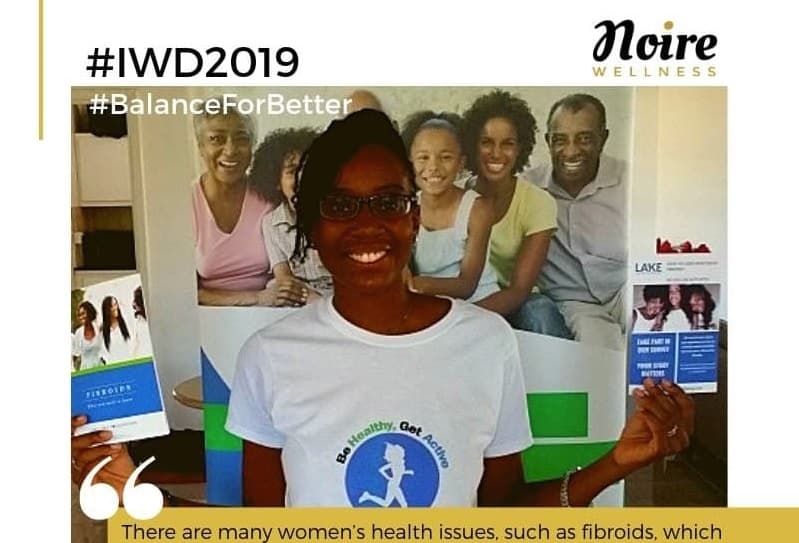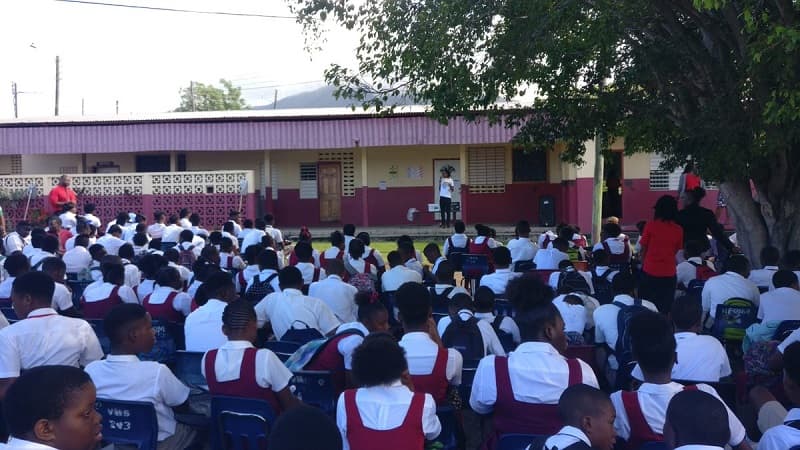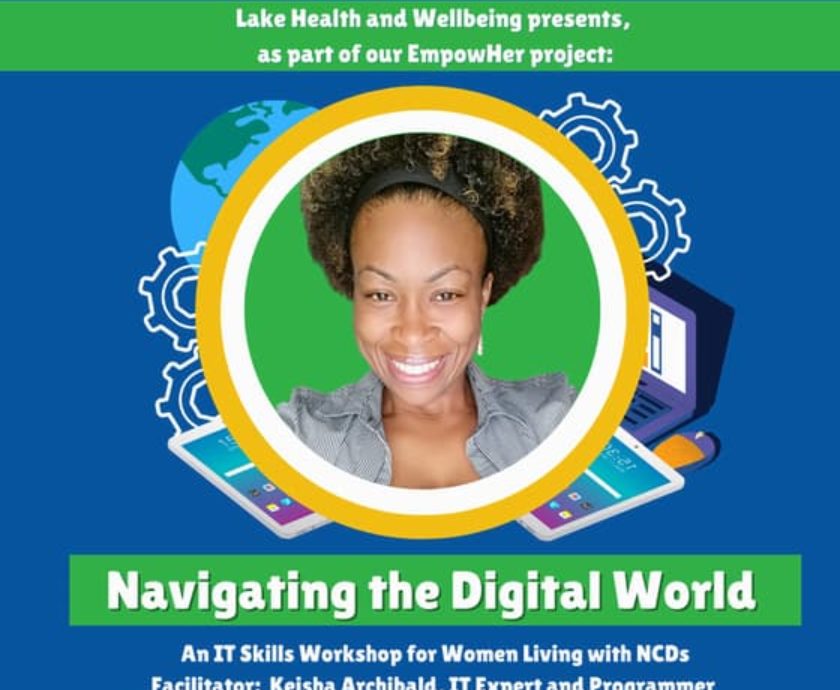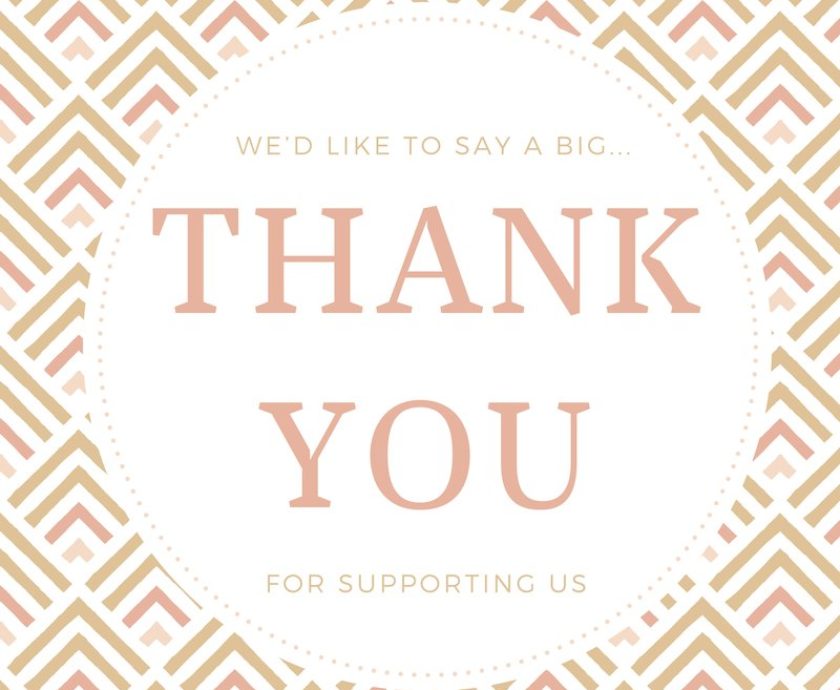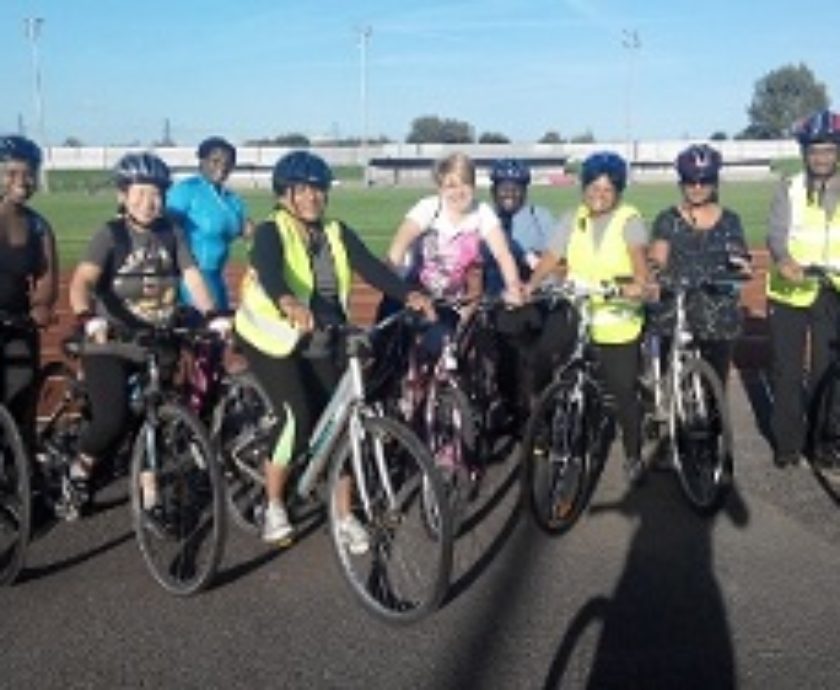On 26th April, we attended the Ministry of Health’s focus group on sugar-sweetened beverages (SSBs). This event was part of the Ministry’s consultation process to get feedback as well as inform the public and key stakeholders on the progress being made to develop a national SSB policy.
This event was a follow-up to the Ministry’s SSB National Consultation which took place in November 2018 and provided an update on the policy imperatives that were presented last year.
From the focus group we learnt that the updated policy recommendations are:
- A 32% excise only tax on SSBs
- The tax will apply to calorically sweetened beverages including carbonated drinks (sodas), sweetened carbonated water, sugar-sweetened juices, sports drinks, energy drinks, tea and coffee drinks, sweetened milk/milk alternatives, milk powdered blended drinks, powdered drink mixes and drink mix syrups
- Excluded from taxation would be fresh fruit juice (no sugar added), unsweetened milk/milk alternatives, infused water, unsweetened carbonated drinks and non-caloric sweetened drinks
- Alternatives to SSBs will be suggested to the public. These would include: fruit/vegetable infused water, plain water, unsweetened carbonated water, unsweetened herbal (bush) tea and fresh-poured coconut water (unsweetened coconut water)
- The tax revenue will be used to provide: a water infrastructure, water fountains in schools, reusable water bottles in schools, healthier school meals, public health campaigns, National Health Insurance, implementing a marketing ban to children, policy development for safe school zones and to improve agriculture education especially in primary schools
What About Artificially Sweetened Beverages?
One area still to consider, which is an interesting one, is whether to tax artificially sweetened beverages (ASBs).
ASBs are drinks that have been sweetened with non-nutritive sweeteners which include saccharin, acesulfame, aspartame, neotame, sucralose and stevia.
The field of ASBs is a confusing one. It has been hard to answer the simple question of whether they are beneficial or not. Therefore WHO funded a large global study to answer this question, but this still didn’t answer the question with health officials stating the following:
“The inconclusive results of the review of the evidence suggest that we need to see better, bigger and longer-term studies of non-sugar sweetener use, to find out for sure their benefits and risks. The review suggests that there could be some benefits in terms of preventing weight gain, but the evidence so far is not strong and does not show consistent enough results to be sure.”
Whenever there is doubt, we recommend that the public keeps things simple and uses products where there are clear health benefits and there is no doubt. The best option at the moment is to consume unsweetened beverages.
In the meantime, the Ministry will evaluate whether ASBs should be taxed as part of their SSB policy.
Why Tax SSBs?
Childhood obesity is a significant challenge here in St Kitts and Nevis. A PAHO report revealed that 33% of secondary school children in the twin-island state were overweight and 14% were obese. More recently, in 2017, a UNICEF report published that 26% of children in St Kitts and Nevis are obese.
SSBs have been linked to weight gain and obesity. Therefore, the taxation of SSBs has been utilised throughout the world as a method of tackling obesity by creating a deterrent which leads to a reduction in the purchase and consumption of SSBs.
Taxation of SSBs has three important aims. The first it to incentivise manufacturers to reformulate or replace their products to create healthier options, the second is to deter the public from purchasing and consuming SSBs by making them unaffordable and the third is to raise funds from the tax revenue that can be used to support initiatives aimed at improving the health of the public.
Next Steps
The Ministry of Health will now take all the feedback from their consultation, focus group and other engagement activities to draft a policy which will be circulated to stakeholders for any final comments before it is sent to Cabinet for approval.
References
- UNICEF, Situation Analysis of Children in the Federation of St Kitts and Nevis, UNICEF Office for the Eastern Caribbean Area and the Government of St Kitts and Nevis, Christ Church, Barbados, 2017
- PAHO, Health in the Americas, 2012: St Kitts and Nevis, PAHO, 2012







